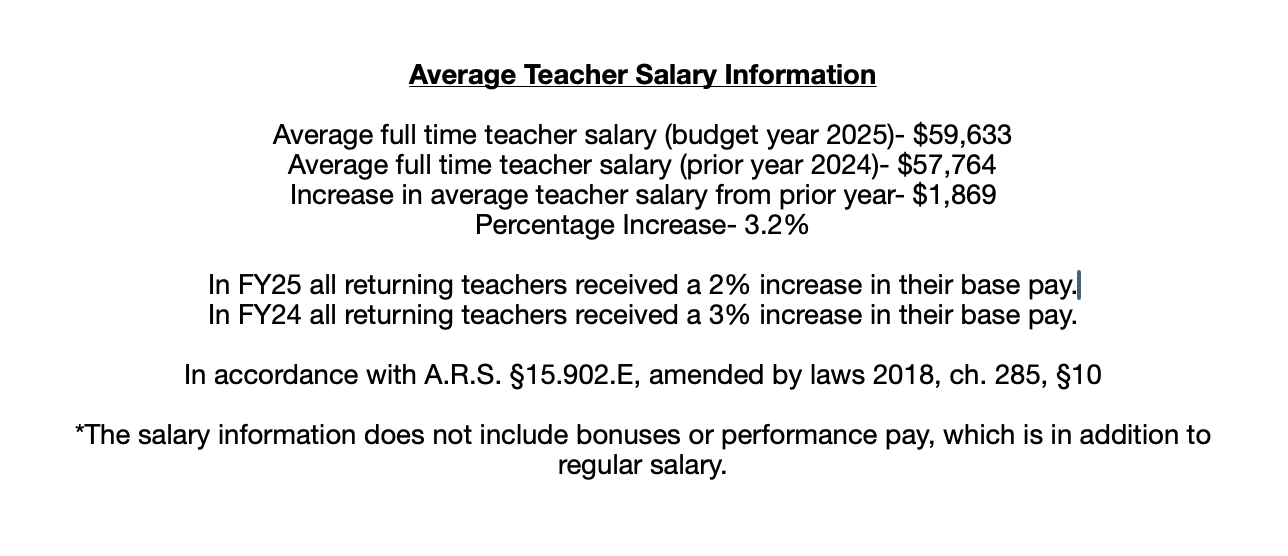Music Production (Period P2)
Course Description
Goal
To guide students through the Music Creation process from initial conceptualization to final release and marketing. Students will be given the tools necessary to understand the basics of sound and audio engineering. This course provides training on basic audio production software and provides the equipment necessary to complete small scale music projects.
Competencies and Objectives
Demonstrate a good work ethic and protocol in a profession audio production environment
Understand and operate the equipment in a recording studio
Grasp the basics of Audio Signal Flow
Understand the science of sound
Understand transducers such as microphones and speakers
Practice good mic placement
Develop a basic understanding of Native DAW’s including ProTools
Understand Dynamics Processing including compression and limiting
Understand Time-Based processing such as Reverb and Delay
Demonstrate a basic understanding of Song Structure
Demonstrate a basic understanding of Contemporary Musical Arrangement
Demonstrate a basic understanding of Recording Audio into the Computer
Demonstrate a basic understanding of balancing multiple audio sources to achieve a musical “mix”
Understand the basics of post production, music to film and Foley
Begin to develop a diversified skill set in the professional audio industry
Plan for a future in the Audio Production Field
An ability to perform
A basic understanding of music marketing
Prerequisites
A desire to work in a professional audio production environment
Materials Required
Notebook, pen, pencil, audio playback device, access to the internet, some musical ability or interest, Head phones(NO DRE BEATS and Preferably not ear buds) and plenty of ideas.
Methods & Procedures
Brainstorming: - group conceptualization of music projects and material
Lectures: - teaching of technical terms; the science of sound and engineering
Reading: - online reading assignments, blogs, and Histories and Musical Trivia
Research: - research and develop skills of students musical idols
Listening Sessions: - play back and critique music; student work and music in the marketplace
Quizzes: - weekly short form tests to measure information retainment
Tests: - reviews and tests to measure students overall competency
Final Project: - to create an original body of music
Marketing: - to market students original music in the marketplace
Performance: - to setup a school performance
Community Involvement: - students will receive credit for community involvement
Grading and Evaluation
Per Quarter
1.Participation %30
2.Quarterly Project %40
3.Assignments %15
4.Tests / Quizzes %15
Semester Grade
Quarter 1 %40
Quarter 2 %40
FINAL PROJECT %20
Each student will receive up to 4 points for daily participation
Extra credit points are available for community involvement
-2 points for tardies
-2 points for breaking class rules
-2 points for improper etiquette
-5 points for non-participation or excused absence
-3 points for unexcused absence
Participation
Participation is essential in the professional audio production industry. It is often where professionals simply cannot miss a single day of work. Students are expected to be present, prepared and enthusiastic during class and finish all assignments on time.
Musical abilities
Although there are no prerequisites for the class students are expected be self driven and inspired to participate in the class. Musical abilities are a bonus but not a requirement. During the early weeks of the class each student will be evaluated and their final project designed to emphasize their strengths.
Assignments and Projects
Students will be given assignments and projects throughout the year to support their process. Each students may vary slightly to accommodate their skill set and interest.
Performance
Students will partake in musical performances to promote their project towards the end of the year. Students will also receive credit for community involvement and performances throughout the year.
And Most likely a performance early in the year for fundraising during for the Music Program.
Rules
Students must adhere to the Metropolitan Arts Institute code of ethics. Students must also respect the equipment available to them in the classroom. Any defacing, stealing or vandalism will result in immediate disciplinary action as well as any necessary legal action. No food or drink is allowed in class room (water in a safe container is allowed). If cell phones are used with out permission it will be taken away. If this is a continuous problem disciplinary action will be taken. If Parents need to get a hold of you they should call the office.
After School
Students will have access to equipment after school only when accompanied by an approved faculty member. I will be in the studio often and am happy accompany students while they work on student computers.
